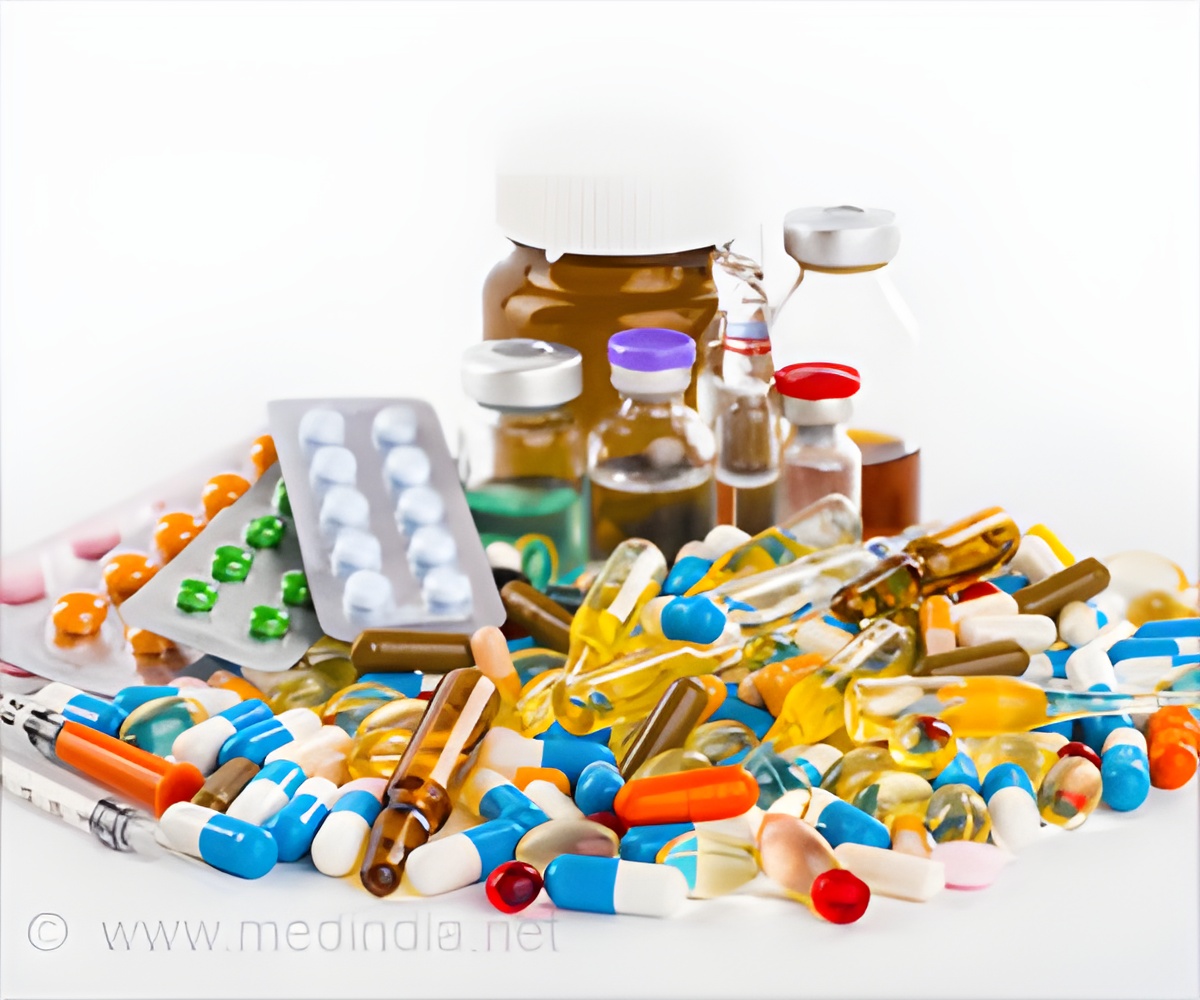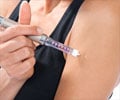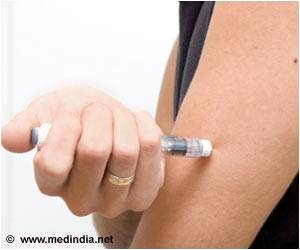Antibiotic treatment in male mice increased the risk of type 1 diabetes when compared to control which did not receive any antibiotics.

- Antibiotics produced from microorganisms are used in the treatment of bacterial infections.
- The study led by a research team from NYU Langone Medical center was published in the journal Nature Microbiology.
- The findings of the study reported that low doses of antibiotic treatment in male mice increased the risk of type 1 diabetes compared to the control mice which did not receive any antibiotics.
Antibiotic Exposure in Children
Antibiotics are substances produced from micro organisms that are capable of fighting against bacterial infections. There are various classes of antibiotics which mainly act by inhibiting the growth or killing the bacteria. Exposure to antibiotics in children has increased over the years which has further doubled the incidence of autoimmune diseases like type 1 diabetes.The effect of antibiotics on children has a direct effect in the human intestinal microbiota. Antibiotics greatly alter the gut microbiota and metabolism.
Type 1 Diabetes
This type of diabetes usually occurs in children and young adults where there is an insufficiency to produce insulin. The immune system of the body mistakenly destroys the islet cells of the pancreas which produce insulin thereby resulting in high blood sugar levels.Research Study on The Risk of Type 1 Diabetes due to Antibiotic Use
The new study specifically points out the risk of type 1 diabetes in young mice which are subjected to antibiotics when compared to mice without antibiotic treatment.
The study was carried out using non obese diabetic mice with antibiotic dose that is used in young children to treat common infections.
The findings reported that the risk of type 1 diabetes was found to double with antibiotic treatment in young mice when compared to control which was only 26%.
The antibiotic therapy significantly did not increase the risk of disease in female mice and hence further investigations and study is required to clarify the disease patterns by sex.
The effect of antibiotics in male mice was studied by collecting the samples of gut bacteria from all the animals that were used for the study. Genomic and statistical techniques were used to study the bacterial DNA in the samples.
Pulsed antibiotic therapy (PAT) males had a complete loss of certain bacteria in their intestines. Moreover species diversity in microbiomes were also found to be lower compared to control mice. The results also produced immunological changes which reported that mice had lower proportion of regulatory T cells to prevent immune reactions.
Jessica Dunne, Director of Discovery Research at JDRF said that “this latest study result is compelling, linking the effects of use of antibiotics in mice to type 1 diabetes”
“This is the first study of its kind suggesting that antibiotic use can alter the microbiota and have lasting effects on immunological and metabolic development, resulting in autoimmunity. We’re eager to see how these findings may impact the discovery of type 1 diabetes preventive treatments in the future and continued research in the area of vaccines” she added.
It is also noted that the lead study author Alexandra Livanos, MD, PhD, an NYU student has received her doctoral degree for this work.
References:
- Type 1 Diabetes - (http://www.diabetes.org/diabetes-basics/type-1/)















